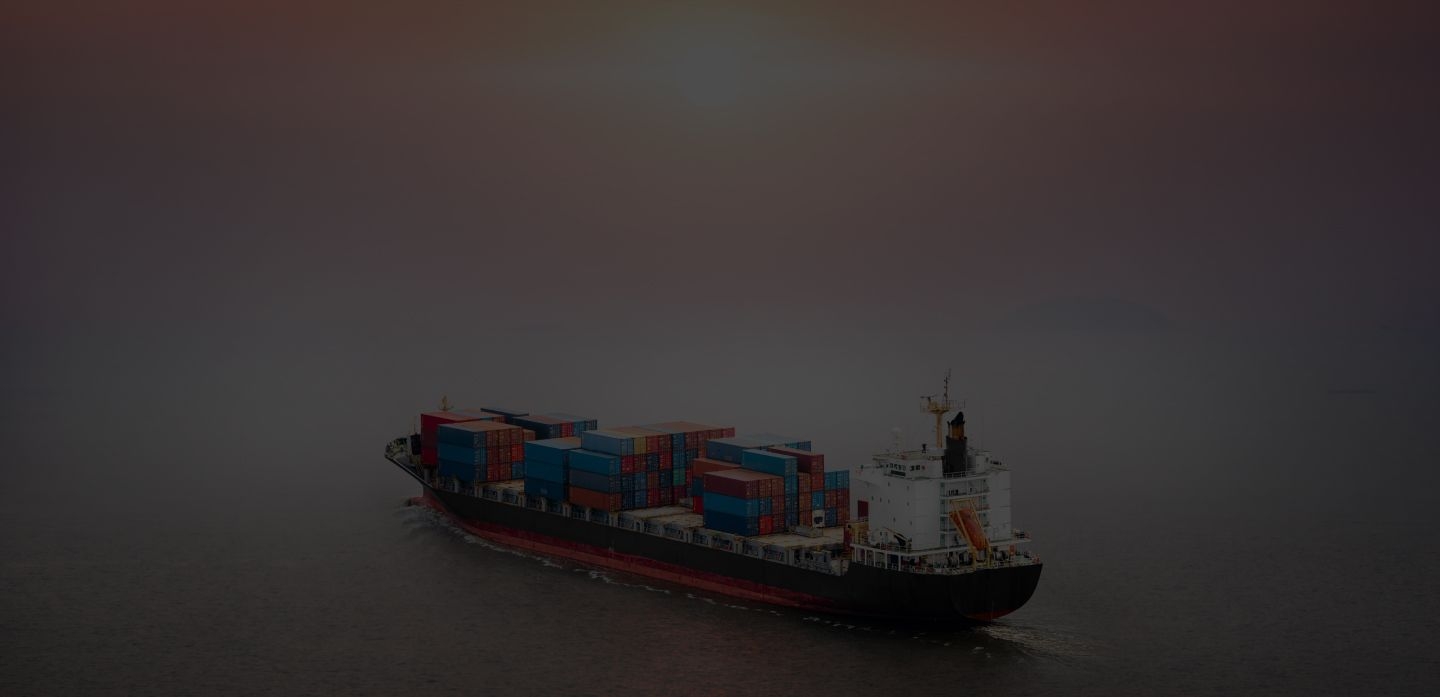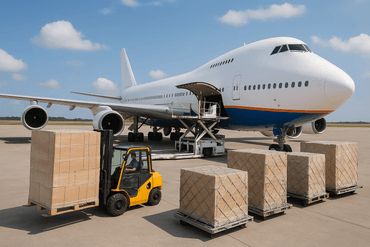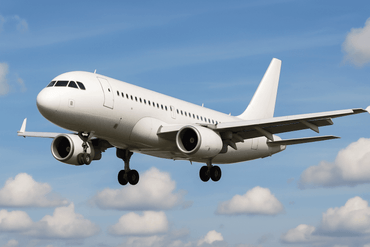
The Impact Of Brexit On Ocean Freight Transportation



In a post-Brexit world, how will British trade be affected, and what is the impact on ocean freight transportation? The leave outcome in Britain’s referendum has seen the pound falling and sent the global economy into turmoil. As a country outside of the EU, the United Kingdom will have to renegotiate trade deals. Most likely, this will affect costs due to changing tariffs and quotas. We have summarized the impact on ocean freight transportation in the following.
Post Brexit Trade Scenarios For Britain
In 2015, 44% of the UK’s total exports consisted of trade with the EU with goods and services amounting to £223 billion ($288 billion). This trade is currently not tariffed. But this might very well change in the future, depending on the outcome of trade negotiations. The UK has entered uncharted territory as no country has ever left the EU before. The trade options available to the UK are currently not but could be modeled after existing solutions.
World Trade Organization (WTO)
UK is a member of the WTO. In the absence of a trade deal, all exchanges of goods and services with the EU could fall under this tariff regime. On the downside, this would impose import taxes on many items which currently enter the EU tax-free. Among the most heavily-taxed items are industrial and automotive parts, minerals and chemicals, and clothing.
Switzerland
Thanks to a trade deal with the EU, most of Swiss trade is not tariffed. That’s with the exception of agricultural and other products. Striking a similar deal for the UK would be largely dependent on negotiations and politics.
Norway
This country is referenced a lot by Brexit supporters as it has nearly full access to the single market as a member of the European Economic Area (EEA). Individual trade deals with the rest of the EU are possible. The price for this solution is having to pay into the EU budget.
Impact of Brexit: The Best Option
A deal modeled after Norway would be the most beneficial for the UK as it is a “light” EU membership. To gain access to the EEA, the country would have to rejoin the bloc of European Free Trade Association (EFTA) states. The EU and Norway, Iceland, Liechtenstein and Switzerland as EFTA states would have to agree to this, however. Access to the single market also requires freedom of goods, services, labor, and capital. Brexit supporters are speaking out against immigration, so provisions for the restriction of free movement would have to be discussed.
Impact On Trade
This is the first time after WWII that a country has opted out of an area of free trade without a replacement. Economists predict that one impact of Brexit could be the reduction of the country’s GDP by 1 percent to 6 percent. **That represents a swing between slowdown and recession. **According to the International Monetary Fund, global economic growth outside the EU might be affected by 0.2 points. But it is important to remember that the British are skeptical of the EU mainly because of laws being handed down from a central body. The Brexit outcome was largely against regulations and movement, not the flow of capital and goods.
What Happens Now
A new trade deal with the EU will be inevitable. After the formal decision to leave, UK will have to invoke Article 50 of the Lisbon treaty. When that happens, it opens a two-year window for negotiations for a new trade relationship. Only after that will we know the full impact on ocean freight transportation, as the framework for import and export will have to be considered just like customs procedures. On the EU side, negotiating bodies include the European Council, the European Commission as the executive power, and possibly individual European member states. The UK faces the challenge of having to bring the expertise to the table in order to act on priorities of trade associations and businesses. Two years may seem long, but the resources required for the level of negotiation is very high.
As the scenarios show, a new trade deal could result in tariffs on UK goods and services. Britain always has the option to counter with tariffs of its own on imports. But it is the consumers who will suffer from these increased prices. Much depends on specifics, but trade quotas and tariffs will likely reduce the total trade between the EU and Britain. **For shippers, it will most likely become unfeasible to access the European market through shipments to the UK. **
Impact of Brexit: What Is Clear Already
Negotiations with the EU will not occur on a country-by-country basis. Any trade deal will offer a single set of conditions for all 27 remaining EU states. That’s according to the common commercial policy of the EU, which maintains a single harmonized customs border.
Brexit will also affect trade with the United States and non-EU countries. The UK is a net importer in terms of non-EU trade. In April 2016, imports amounted to £21.9 billion ($29 billion). Exports sat at £13 billion ($17.3 billion) for trade with countries outside of the EU. Trade with the US in the same period consisted of £4.4 billion ($5.8 billion) in exports and £3.4 billion ($4.5 billion) in imports. The Transatlantic Trade and Investment Partnership (TTIP), a proposed trade agreement to remove certain custom duties and restrictions between the EU and US will exclude Britain.
Conclusion
Once Britain invokes article 50 of the Lisbon treaty, politicians will face a challenge negotiating a trade deal in two years. Seeking to join the EEA but rejecting freedom of movement might lead to long-winded discussions. The current status quo continues if all parties fail to come to an agreement within two years. While this is not unlikely, it will be hard to accept for anyone who voted to leave the EU. Trade will not cease. That’s clearly not an impact of Brexit, despite British voters’ wish to retreat from globalization. But the future holds further impairment to the flow of people, capital, and goods. We still have to wait for the long-term impact of Brexit as the British government undergoes transformation and negotiations for a trade deal have yet to start.
Related Articles

Cómo Reducir Los Retrasos En El Transporte Aéreo: Consejos Prácticos Para Entregas Puntuales En 2025

